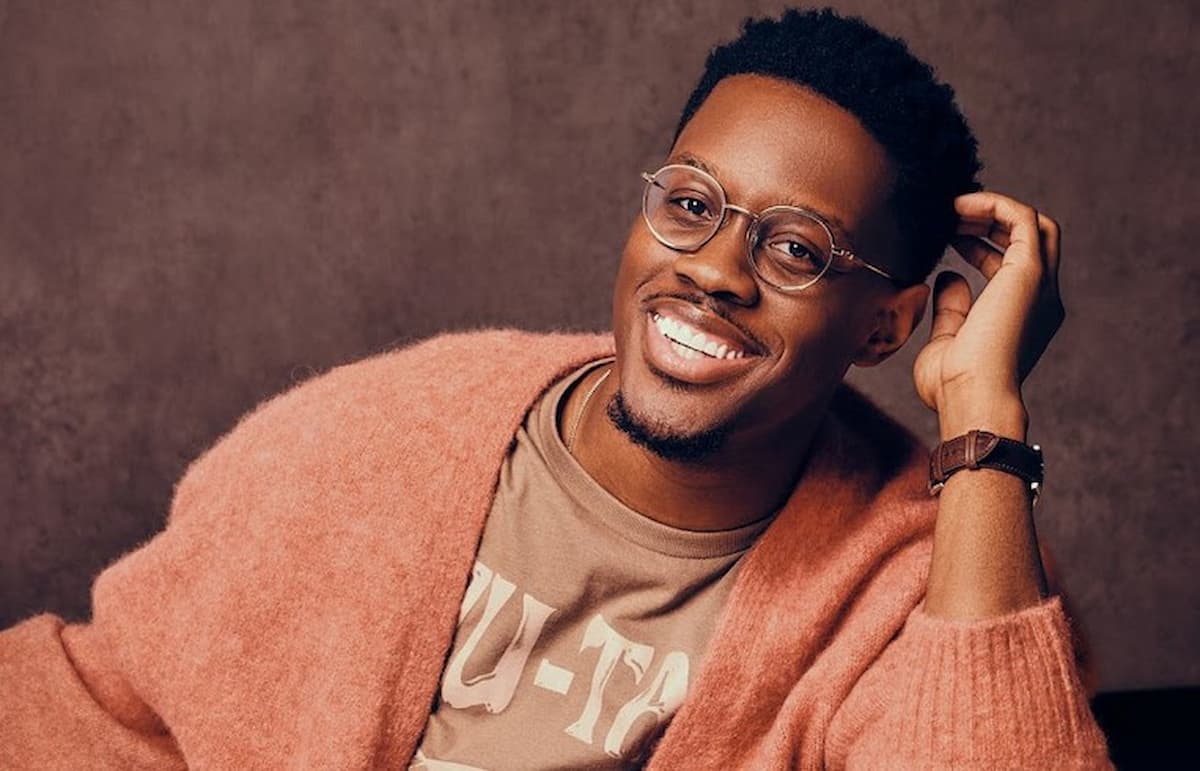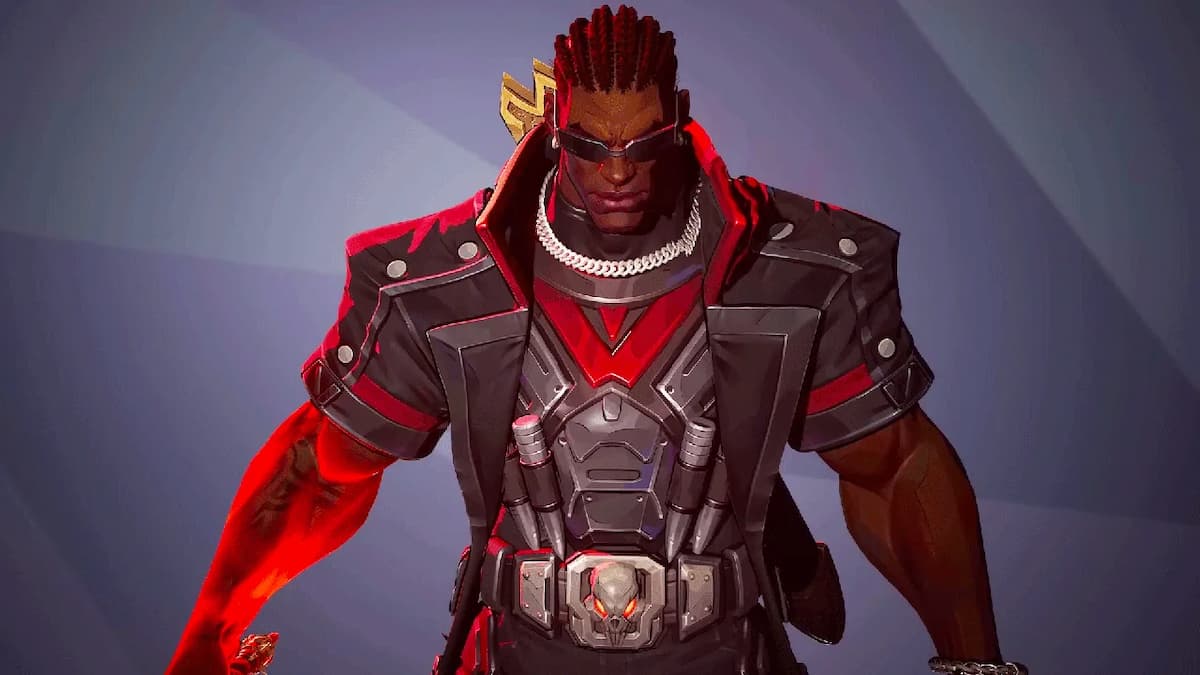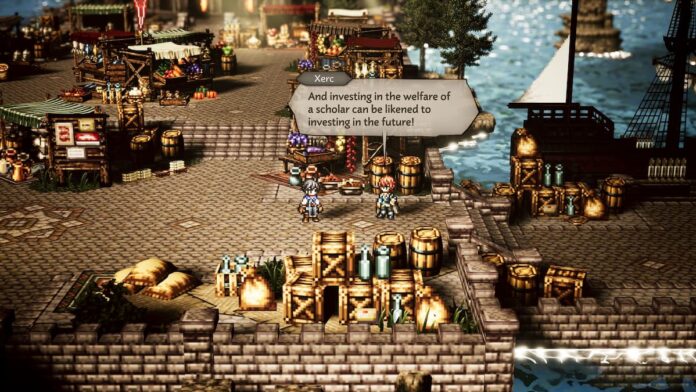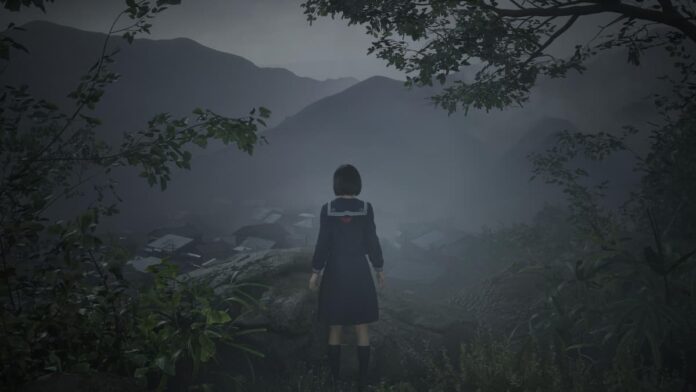As a long-time fan of both comic books and games, getting the call that he’d be voicing Blade in Marvel Rivals felt like a full-circle moment for voice actor and streamer Gabe Kunda. Known for his stylish trench coat, unshakable cool, and the enduring legacy he holds in Marvel lore, Blade is one of those characters that carries weight, and Kunda felt it immediately.
I got the opportunity to chat with Kunda this week, discussing his role as Blade in Marvel Rivals, as well as his streaming life and previous works as a voice actor.
To start, I asked Kunda how he felt when he first found out he’d be voicing Blade. “Honestly, it was surreal,” Kunda recalls. “Blade is one of those characters that carries weight — he’s stylish, mysterious, and has such a legacy in Marvel. When I got the call, I just had to sit with it for a second.”
Portraying the half-vampire swordsman meant more than nailing a vocal tone. Kunda wanted to ground the character in a way that showed his long fight for humanity. “Blade has this cool, unshakable energy, but beneath that, there’s grit and gravitas,” he explains. “I leaned into the darker, textured part of my voice and thought about the weight of someone who’s been fighting for humanity his whole life. He really doesn’t need to overdo it — his power is in restraint.”

While NetEase and Marvel provided guidance to ensure Blade’s DNA was faithfully represented, they also encouraged Kunda to explore and bring his own flair to the role. “The goal was to respect the legacy while making sure this version felt alive in the world of Rivals. They let me explore, and that freedom was huge.”
Fans know Blade best as a lone hunter from the films and comics. But Marvel Rivals, with its hero shooter framework, demanded a different take. Kunda explained that his version of Blade needed to work in a team-based space, saying, “He’s still cool and stoic, but with moments where you feel how he fits into a squad dynamic. There’s an edge, but also subtle camaraderie that you might not always see elsewhere. I think, naturally, as well, there’s a bit of a more youthful approach that comes out every now and then.”
Kunda’s experience in other team-based shooters like Valorant and Apex Legends gave him a feel for the high-energy, interactive performance style the game required. He explained that the “energy is more collaborative” and it was important for players to not feel like a character was created in isolation.
“You’re building someone who has to interact, banter, and strategize alongside others,” Kunda notes, “That dynamic changes the rhythm of the performance and makes it really fun. I also think it helps that I’m in other hero-based shooters like Valorant and Apex Legends. I’m pretty used to the energy that you have to bring to a game like this.”
Kunda has voice acting experience in both games and anime, so naturally I had to ask him about the differences between the two. As it turns out, the immersion factor is much more important in video games, according to Kunda, whereas anime often comes with more restrictions.

“Games are about immersion — you react in real time to player choices,” Kunda tells me. “Anime often has heightened emotion and stylized beats, with timing and lip-flap restraints. In games like Marvel Rivals, I’m balancing realism with larger-than-life action. It can be tricky, but my booth directors keep it in check.”
As for whether he prefers voicing heroes and villains, Kunda finds it hard to pick just one. “I love both, but villains let you flex in different ways. You can go darker, more layered, and sometimes even more fun. That said, heroes carry a responsibility that’s powerful to portray. I think I just enjoy exploring humanity on both sides. They are all heroes in their own story, so it’s hard to choose,” laughs Kunda.
Kunda’s career already bridges gaming, anime, and music, but he sees more possibilities on the horizon. “I love voiceover, but I’m also interested in on-camera work and maybe directing one day. Storytelling is at the center of everything I do. Live-action feels like a natural extension of that journey.”
As for games that Kunda has played this year, he shared some of his favorites with me, including The Last of Us and God of War. “They absolutely blew me away,” Kunda tells me. “They showed me just how cinematic storytelling in games can be, blurring the line between film and gameplay. That’s part of what inspired me to bring more depth into my performances — at the core, it’s about telling the truth in every scene I record.”
Kunda goes on to say that voice acting makes this uniquely challenging. Because you don’t have the luxury of using your face to convey emotion, everything ends up having to come through your voice. That, he tells me, is a craft all its own.
Finally, I asked Kunda if he had any advice for aspiring voice actors. His final word is simple and straightforward: “Be consistent, and don’t compare your journey to anyone else’s. Your voice and perspective are unique. Focus on craft, storytelling, and connecting with material in an honest way. And don’t be afraid to fail — those failures sharpen your tools.”
Marvel Rivals is now available for free on PC and consoles.


